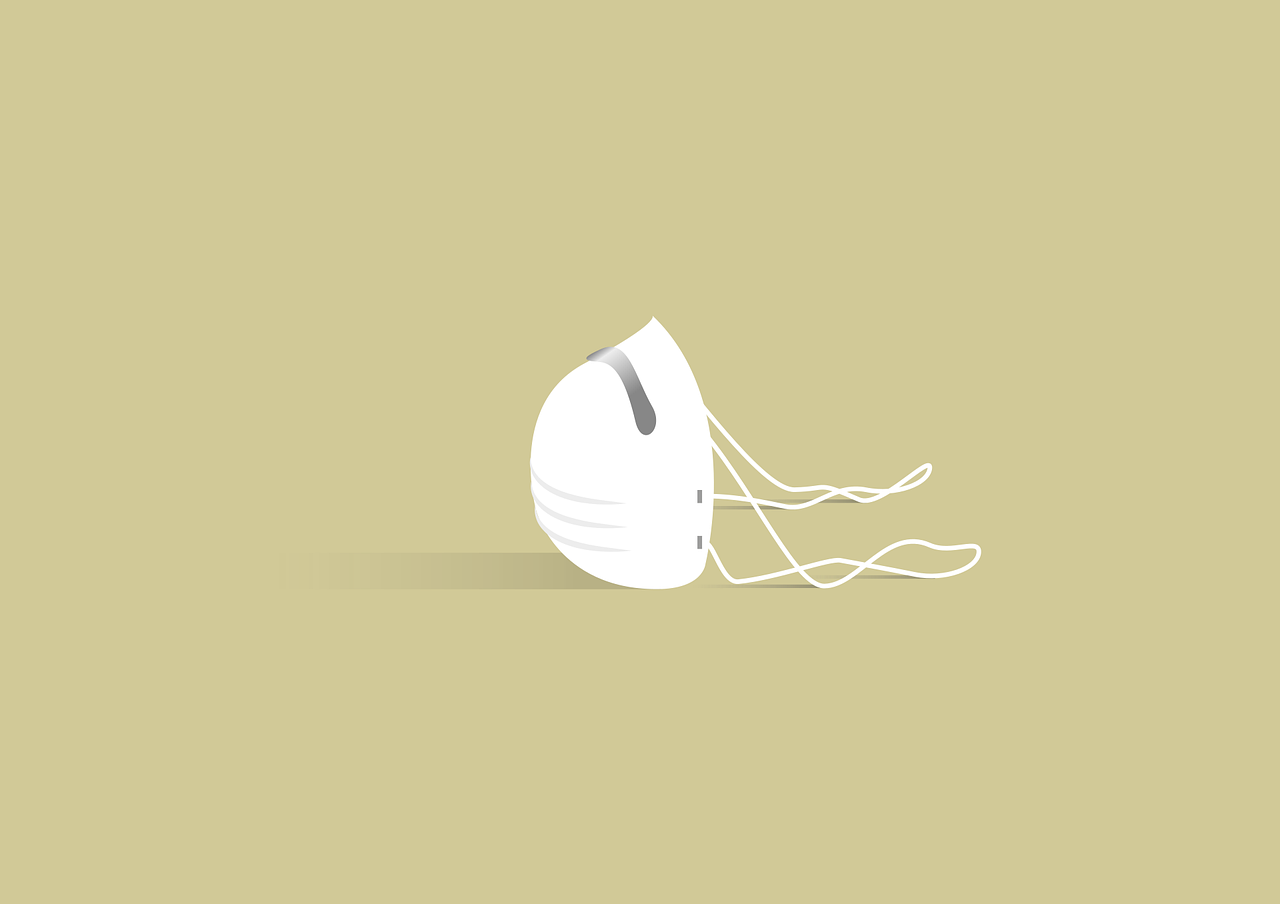Living off-grid can be a liberating and fulfilling lifestyle choice, but it also comes with unique challenges, particularly when it comes to personal hygiene. Without the convenience of running water or modern plumbing, finding alternative ways to stay clean and maintain good hygiene becomes essential. In this article, I will explore different strategies and helpful tips for handling personal hygiene off-grid, allowing you to embrace an independent and sustainable lifestyle without compromising on cleanliness and well-being.
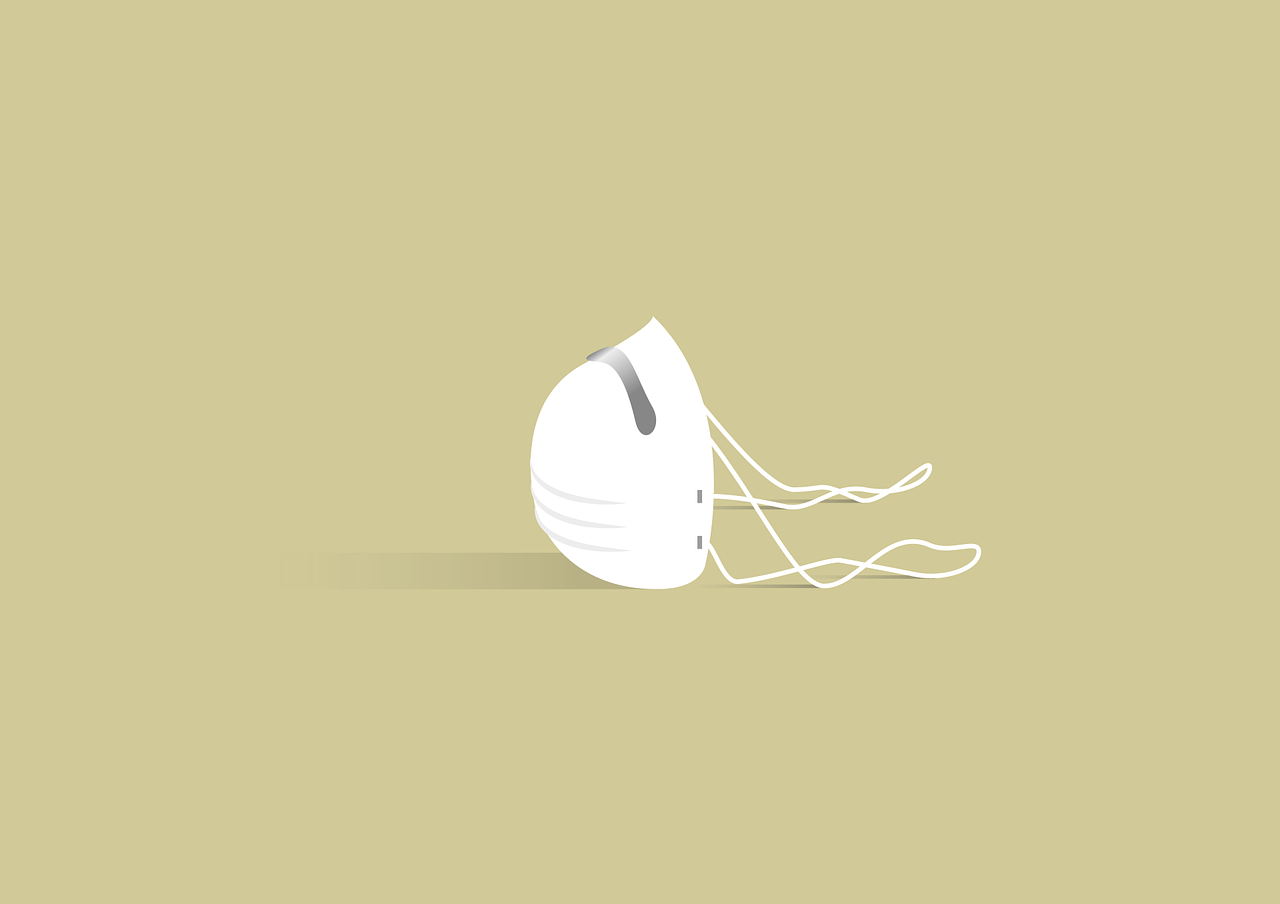
Water Sources for Off-grid Personal Hygiene
When living off-grid, finding sources of water for personal hygiene becomes crucial. Here are a few options to consider:
Collecting Rainwater
One of the most sustainable ways to obtain water for personal hygiene is by collecting rainwater. This involves setting up rain barrels or a rainwater collection system to capture and store rainwater. The collected water can then be used for bathing, washing clothes, and even flushing toilets. It’s important to ensure that the collected rainwater is properly filtered or treated before use.
Wells and Springs
If you have access to a well or spring on your off-grid property, these can be excellent sources of water for personal hygiene. Wells can be dug to access groundwater, while springs are natural sources of water that flow from the ground. Before using well or spring water for personal hygiene, it’s important to test the water quality to ensure it’s safe for use.
Rivers and Lakes
For those living near rivers or lakes, these water sources can be utilized for personal hygiene. However, it’s important to note that natural bodies of water may contain contaminants or pathogens, so proper filtration or treatment is necessary before using the water. Portable water filters or purification tablets can be used to make the water safe for bathing or washing.
Bathing and Showering Off-grid
Maintaining personal cleanliness when off-grid can be challenging, but there are various options available for bathing and showering. Here are a few methods to consider:
Using a Portable Solar Shower
A portable solar shower is a convenient option for off-grid bathing. These are lightweight bags that can be filled with water and left in the sun to heat up. Once heated, you can hang the bag from a tree or any other suitable structure and use the attached shower nozzle to get a satisfying shower experience. It’s a simple and environmentally friendly solution, especially if you have access to ample sunlight.
Constructing an Off-grid Shower
If you have the resources and space, building an off-grid shower can be a more permanent solution. This typically involves constructing a small enclosure with a waterproof floor, a drainage system, and a way to heat the water. Heating options can include solar water heaters, propane-powered water heaters, or even using a wood-burning stove to heat the water. This provides a more traditional shower experience while being self-sufficient.
Natural Water Sources for Bathing
When living off-grid, taking advantage of nearby natural water sources can be an enjoyable and refreshing way to bathe. Whether it’s a nearby river, lake, or even a secluded swimming hole, immersing yourself in these natural bodies of water is not only a great way to clean yourself but also a way to connect with nature. However, always exercise caution and be aware of the water quality before bathing in these sources.
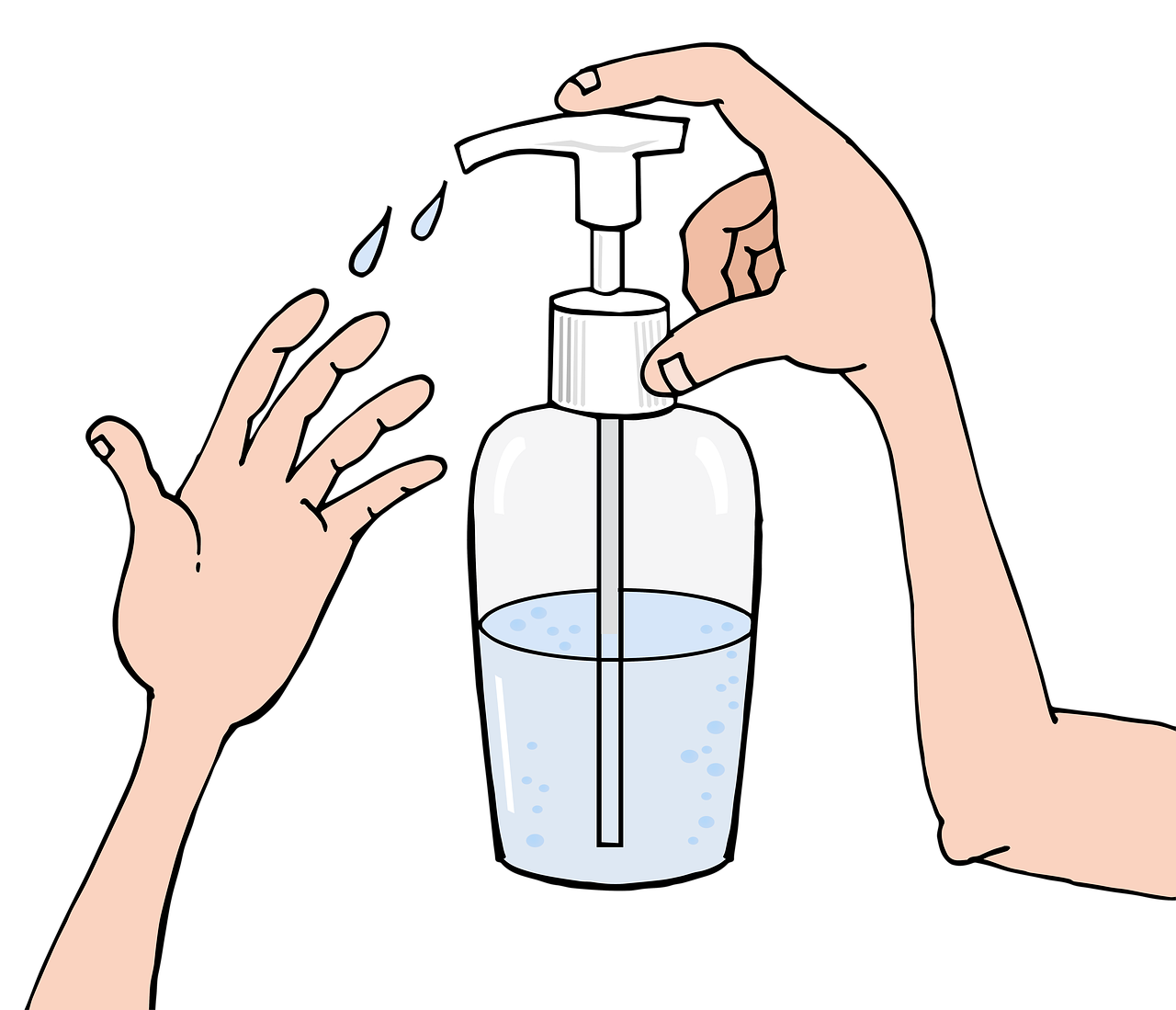
Toilet Options for Off-grid Living
Proper sanitation is essential even when living off-grid. Here are a few toilet options to consider:
Composting Toilets
Composting toilets are an eco-friendly option for off-grid living. These toilets use natural processes to break down waste into compost, which can then be safely used in gardens or composting systems. Composting toilets typically require little to no water, making them a sustainable choice for personal hygiene.
Pit Toilets
Pit toilets, also known as latrines, are another option for off-grid sanitation. These toilets involve digging a deep hole in the ground where waste accumulates. Over time, the waste decomposes naturally. However, it’s important to regularly cover the waste with soil or organic material to minimize odors and prevent the spread of disease.
Portable Camping Toilets
For those seeking more convenience and mobility, portable camping toilets can be a practical choice. These toilets are designed to be lightweight, compact, and easy to transport. They often come with waste containment systems, which can be emptied into appropriate waste disposal facilities when accessible. While not as sustainable as composting or pit toilets, portable camping toilets are suitable for short-term off-grid living or travel.
Oral Hygiene Off-grid
Maintaining good oral hygiene is essential, even when living off-grid. Here are a few options to consider:
Traditional Toothbrush and Toothpaste
The tried-and-true method of oral hygiene, using a traditional toothbrush and toothpaste, remains effective even when living off-grid. Make sure to stock up on toothbrushes and toothpaste before going off-grid or consider sustainable alternatives, such as bamboo toothbrushes and natural toothpaste options.
DIY Toothpaste Recipes
If you prefer a more sustainable and eco-friendly approach, there are numerous DIY toothpaste recipes available. These often involve mixing natural ingredients like baking soda, coconut oil, and essential oils to create a homemade toothpaste. Not only are these DIY toothpaste recipes better for the environment, but they also allow you to customize the flavors and ingredients to suit your preferences.
Natural Teeth Cleaning Alternatives
In addition to traditional toothbrushing, there are natural alternatives for maintaining oral hygiene off-grid. For example, chewing on certain herbs like neem or using neem twigs as makeshift toothbrushes have been traditional practices in many cultures. Oil pulling, a technique that involves swishing oil (such as coconut oil) in the mouth, is also believed to have oral health benefits.
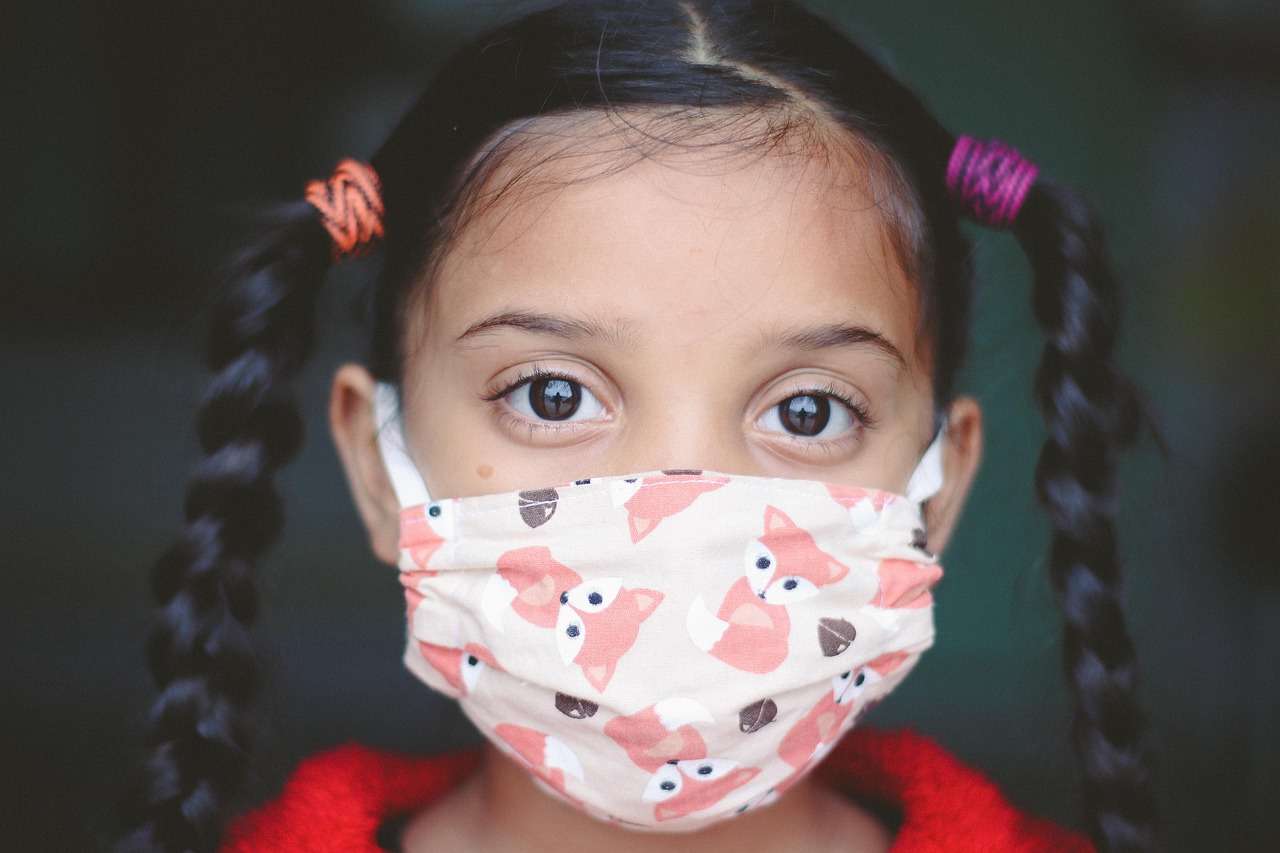
Hand and Body Hygiene Off-grid
Maintaining proper hand and body hygiene is crucial for overall well-being, even when off-grid. Here are a few options to consider:
Effective Handwashing Without Running Water
When running water is not readily available, it’s important to know effective handwashing techniques. Using a portable hand sanitizer with at least 60% alcohol is a practical option, especially when soap and water are not accessible. Alternatively, you can make your own DIY hand sanitizer using isopropyl alcohol or ethanol, aloe vera gel, and essential oils.
DIY Hand Sanitizer
In situations where you have access to water but no soap, creating your own DIY hand soap can be a useful solution. Simple recipes using natural ingredients like castile soap, water, and essential oils can provide an effective and eco-friendly way to clean your hands.
Homemade Body Hygiene Products
When it comes to body hygiene, off-grid living doesn’t mean compromising on cleanliness. In fact, there are plenty of homemade options to consider. For example, making your own natural body wash using ingredients like castile soap, coconut oil, and essential oils can help keep your skin clean and moisturized. Additionally, using natural alternatives like baking soda or arrowroot powder as deodorants can help maintain freshness.
Laundry Options Off-grid
Keeping your clothes clean and fresh is an essential part of personal hygiene. Here are a few options for off-grid laundry:
Washing Clothes by Hand
Handwashing clothes is a common technique used in off-grid living. This method involves filling a basin or tub with water, adding a suitable detergent (preferably eco-friendly), and manually agitating and rinsing the clothes. Afterward, the clothes can be hung to dry. While it requires more physical effort and time, handwashing is an effective and sustainable option.
Portable Washing Machines
For those seeking more convenience, portable washing machines can be a viable option. These compact machines are designed to be manually operated or powered by alternative energy sources such as solar or hand-crank mechanisms. They provide a more automated washing experience while still being suitable for off-grid living.
Natural Laundry Detergent Alternatives
In an effort to minimize environmental impact, choosing natural alternatives for laundry detergents is a wise choice. There are various options available, such as soap nuts (dried fruit shells that naturally produce soap-like suds when exposed to water), homemade laundry soap using natural ingredients, or even using vinegar as a fabric softener.
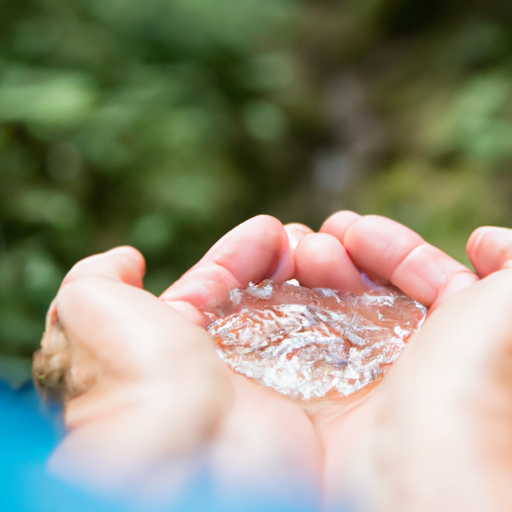
Dealing with Waste Disposal
Proper waste management is essential for maintaining hygiene and environmental sustainability. Here are a few ways to handle waste disposal when living off-grid:
Proper Waste Management Practices
Implementing proper waste management practices is crucial off-grid. This involves separating waste into recyclables, compostables, and non-recyclables. Recycling facilities can be sought out or, if unavailable, you can reuse or repurpose items as much as possible. Compost pits or bins can be established for organic waste, while non-recyclable waste should be disposed of responsibly.
DIY Greywater Reclamation
When it comes to water conservation, reusing and recycling greywater is an effective method. Greywater is wastewater generated from activities like showering or handwashing that can be safely reused for watering plants or flushing toilets. DIY greywater reclamation systems can be set up using filters and storage tanks to collect and treat greywater for secondary usage, reducing the need for freshwater.
Burning or Burying Solid Waste
For solid waste that cannot be recycled or composted, responsible disposal methods include burning or burying. Burning waste in a controlled and safe manner can help reduce the volume of waste and prevent environmental contamination. Burying waste in designated areas or using specialized waste disposal containers can also minimize the impact on the environment.
Maintaining Personal Hygiene in Extreme Conditions
Living off-grid often means facing various challenges, including extreme weather conditions. Here are some tips for maintaining personal hygiene in different scenarios:
Cold Weather Hygiene Tips
In cold weather, it may be more challenging to maintain personal hygiene due to limited access to water or freezing conditions. Insulating pipes and water sources to prevent freezing is essential. Additionally, using portable heaters or warming water before use can help make bathing and cleaning more comfortable. Dry shampoo and wet wipes can be used as alternatives to traditional washing when water is scarce.
Hot Weather Hygiene Tips
Keeping cool and avoiding heat-related illnesses is crucial in hot weather. Hydrating regularly is important to prevent dehydration and maintaining personal cleanliness. Taking advantage of natural water sources, such as rivers or lakes, for bathing and cooling off can be refreshing. Utilizing shade structures or fans to create a more comfortable bathing environment can also be beneficial.
Hygiene in Wilderness or Remote Locations
When living off-grid in wilderness or remote locations, it may be necessary to adapt hygiene practices to suit the environment. This can involve utilizing natural water sources for bathing, using biodegradable soaps to minimize environmental impact, and practicing proper waste disposal techniques to leave no trace.
Hygiene Solutions for Traveling or Nomadic Lifestyles
For those with traveling or nomadic lifestyles, maintaining personal hygiene can be a challenge. Here are a few solutions to consider:
Portable Hygiene Products
Investing in portable hygiene products is essential for those constantly on the move. Portable showers, collapsible water containers, and compact toiletries can make it easier to maintain personal cleanliness while traveling. Additionally, packing hand sanitizers and wet wipes can provide quick and convenient cleaning options when access to water is limited.
Finding Hygiene Facilities on the Go
While off-grid or traveling, finding suitable hygiene facilities can be a priority. Public restrooms, campgrounds, and facilities at recreational areas can provide access to running water and toilets. Planning ahead and researching available facilities along your route can help ensure you have options for maintaining personal hygiene during your travels.
Practicing Leave No Trace Principles
When traveling or living in natural environments, it’s important to follow Leave No Trace principles to minimize your impact on the environment. This involves properly disposing of waste, avoiding the pollution of water sources, and respecting the natural landscape. By practicing Leave No Trace, you can enjoy your travels while still prioritizing personal hygiene and environmental sustainability.
Emotional and Mental Hygiene Off-grid
Living off-grid can bring about challenges to emotional and mental well-being. Here are a few tips for maintaining emotional and mental hygiene in an off-grid setting:
Self-Care Practices
Engaging in self-care practices is essential for emotional well-being. Taking time for activities that bring joy and relaxation, such as reading, meditating, or practicing hobbies, can help alleviate stress and improve mental hygiene. Prioritizing self-care allows for a balanced and positive mindset while living off-grid.
Maintaining Social Connections
Living off-grid doesn’t mean isolating yourself from others. Maintaining social connections is important for emotional health. Utilizing technology like phone calls, video chats, or social media can help you stay connected with loved ones, even if you’re physically distant. Additionally, engaging in local off-grid communities or joining recreational groups can provide opportunities for social interaction and support.
Coping with Isolation or Loneliness
While off-grid living can create a sense of peace and solitude, it may also lead to feelings of isolation or loneliness. It’s important to recognize and address these emotions. Engaging in activities that foster self-reflection, practicing mindfulness, and seeking professional help if needed can effectively cope with isolation or loneliness. Building a support network within the off-grid community can also provide emotional support during challenging times.
In conclusion, off-grid living requires creative solutions for maintaining personal hygiene. From sourcing water to constructing appropriate bathing facilities, there are various options available. Whether it’s composting toilets or DIY toothpaste recipes, making sustainable choices is important. Additionally, adapting to extreme weather conditions, finding hygiene solutions while traveling, and prioritizing emotional well-being are key aspects of maintaining a comprehensive hygiene routine in an off-grid lifestyle. By seeking alternative methods and practicing responsible waste management, off-grid personal hygiene can be both practical and sustainable.

